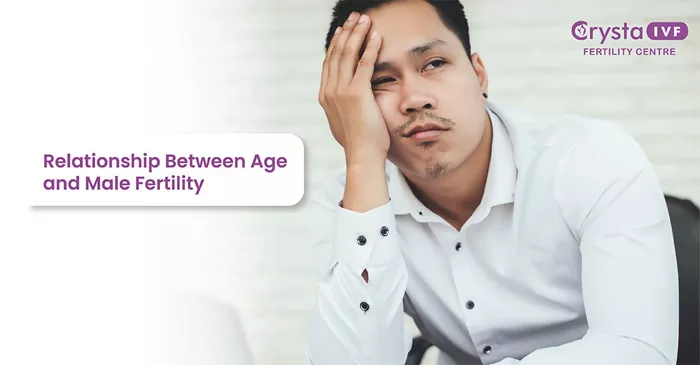In southwestern Nigeria, many individuals, particularly in the Yoruba community, rely on traditional herbal mixtures for medicinal purposes. One widely used remedy is “agbo,” a blend of various herbs steeped in water, alcohol, or palm wine. Among the most popular variations is “agbo jedi,” a herbal concoction renowned for its purported ability to treat a range of conditions, including impotence, back pain, and hemorrhoids. This remedy is sold by street vendors and even marketed in car parks across the country.
A study revealed that agbo jedi accounts for a significant portion—52.2%—of the herbal medicine consumed in Lagos State. Typical ingredients in this mixture include scenting leaves, cinnamon powder, fresh parsley, grapefruit extract, bitter plants, Sorghum leaves, naphthalene tablets, garlic, Alstonia boonei bark, and dried cloves. While many view it as a safer, more natural alternative to conventional pharmaceuticals, experts are raising concerns about the potential health risks of prolonged use.
Research has highlighted possible dangers, particularly to the liver, kidneys, and reproductive organs. The use of Alstonia boonei bark and dried cloves in agbo jedi has been linked to liver and kidney damage, as well as testicular harm. Prolonged consumption of these ingredients could also lead to toxicity in bone marrow, affecting red blood cell production and potentially inducing abnormal sperm cells.
Alstonia boonei, known locally as God’s tree, is traditionally used to treat malaria, fever, insomnia, chronic diarrhea, and rheumatic pain. Despite its medicinal value, recent studies have raised alarms about its safety when used in the agbo jedi formula. A 2023 study by researchers from Ladoke Akintola University of Technology, published in Toxicology Advances, examined the effects of an anti-hemorrhoid herbal recipe that included Alstonia boonei bark and dried cloves, using animal genetic assays on Swiss albino rats.
The study found that high doses of the herbal recipe caused significant cellular damage, particularly in the testes, liver, and kidneys. The rats administered the herbal mixture at varying concentrations (25%, 50%, and 100%) exhibited a higher percentage of abnormal sperm cells, with the highest concentration resulting in the most severe damage. The study’s authors noted that the observed toxic effects indicate that the herbal remedy could cause mutations in dividing cells, suggesting that it should not be consumed in high concentrations.
The researchers emphasized the need for regulatory oversight of such herbal remedies, urging Nigerian authorities to take action to control their use. The study also pointed to the possibility that chemical substances in the ingredients, particularly Alstonia boonei and cloves, may have acted together to produce these harmful effects, underscoring the importance of conducting toxicity tests on herbal preparations.
Moreover, despite the natural origins of many of the ingredients in agbo jedi, experts caution that natural does not necessarily mean safe. Some of the herbs used in the remedy may contain heavy metals like arsenic, lead, and mercury, which can pose significant health risks when consumed over time. When used excessively or over prolonged periods, herbal concoctions can lead to severe health problems, including organ failure or even death.
Another significant issue is the lack of regulation for herbal medicines in Nigeria. The National Agency for Food and Drug Administration and Control (NAFDAC) does not oversee the production or distribution of these remedies, leaving their quality and safety unchecked. Without standardization or proper regulation, there is no guarantee that the herbs and ingredients used are of consistent quality, raising further concerns about their safety.
In conclusion, while traditional herbal remedies like agbo jedi remain popular for their perceived natural benefits, the potential risks associated with their prolonged use cannot be ignored. The growing evidence of toxicity calls for greater regulation and public awareness to ensure that these treatments do not cause more harm than good.
Related topics:



























